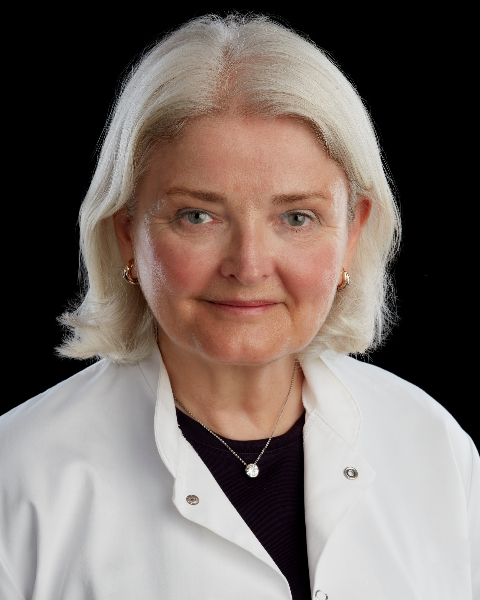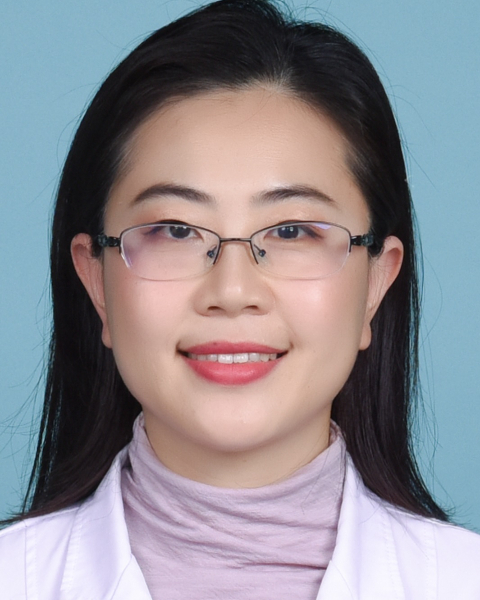Hematologic Malignancies
EDU 59 - How High Can We Go - How Low Should We Aim? Normal Tissue Dose/Volume Constraints in Lymphoma Radiation Therapy Planning
AMA PRA Category 1 Credits 1.00
CAMPEP Credits: 1.00
MDCB Credits: 1.00
-

Lena Specht, MD, DSc, PhD
Dept. of Oncology, Rigshospitalet, University of Copenhagen
Charlottenlund, Capital Region, Denmark -

Shunan Qi, MD
Cancer Hospital, Chinese Academy of Medical Sciences and Peking Union Medical College
Beijing, Beijing
Moderator(s)
Normal tissue dose-volume constraints are commonly used for lymphoma radiation therapy (RT) planning. However, because the prescribed doses for lymphomas vary significantly depending on histologic subtype and are much lower than for solid tumors, and because the variation in location and extent of disease make the target volumes highly variable, the usual dose-volume constraints known from RT of solid tumors are generally not appropriate for lymphomas. Questions regarding the right constraints are frequently asked by radiation oncologists and dose planners, and the issue is not well covered by present RT guidelines. The ALARA principle to keep doses to all organs at risk "as low as reasonably achievable" does not provide a practical solution, partly because it is not clear what "reasonably achievable" means in the individual patient. In this session we will:
1. Review the factors to consider when using constraints in modern lymphoma RT planning, including the lymphoma subtype, the extent and location of the disease, the response to systemic therapy if given, and the patients age, gender, risk factors, co-morbidities and socio-economic status.
2. Review the constraints aimed at avoiding second malignancies and cardiac sequelae, the two most commonly considered long-term side effects of lymphoma RT.
3. Review the dose/response data and propose constraints for other normal tissues which are less often considered in RT planning, but which may nevertheless be clinically important.
4. Discuss the daily practice in different clinical scenarios, including re-irradiation in the relapse setting.
Presentations:
-
5:15 PM - 5:17 PM ETIntroductions
Speaker: Lena Specht, MD, DSc, PhD – Dept. of Oncology, Rigshospitalet, University of Copenhagen
-
5:17 PM - 5:32 PM ETConstraints in Modern Lymphoma Radiotherapy Planning
Speaker: Lena Specht, MD, DSc, PhD – Dept. of Oncology, Rigshospitalet, University of Copenhagen
-
5:32 PM - 5:47 PM ETDose/Response Data and Proposed Dose Constraints for Normal Tissue Effects Other than Second Malignancies and Heart Disease
Speaker: Mario Levis, MD, PhD – University of Torino
-
5:47 PM - 6:02 PM ETConstraints in Different Scenarios in the Daily Lymphoma Practice, including Reirradiation in the Relapse Setting
Speaker: Chelsea Pinnix, MD, PhD – MD Anderson Cancer Center
-
6:02 PM - 6:15 PM ETQuestions and Answers
Speaker: Shunan Qi, MD – Cancer Hospital, Chinese Academy of Medical Sciences and Peking Union Medical College
